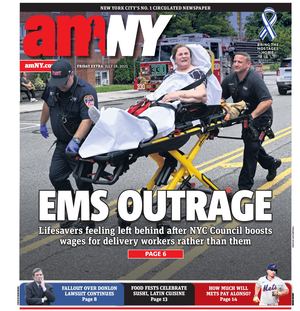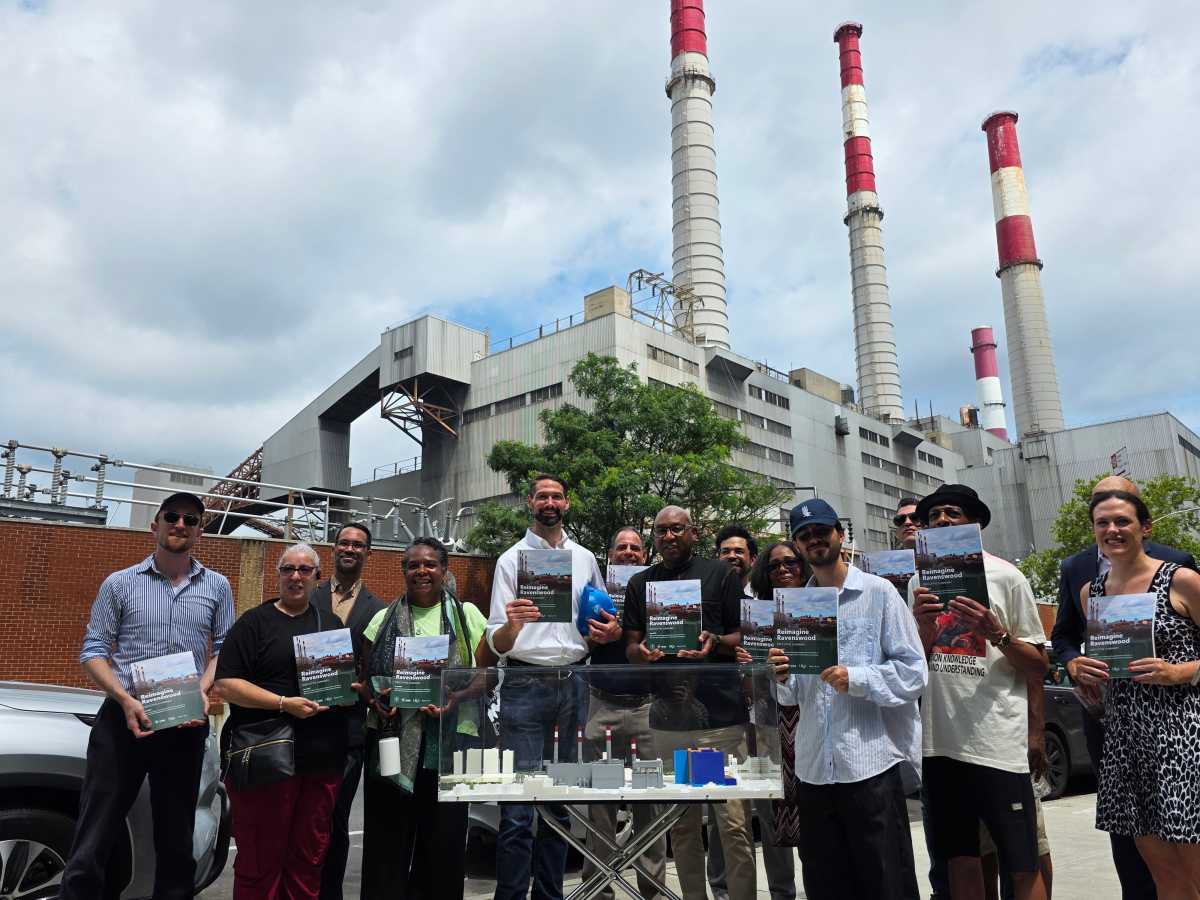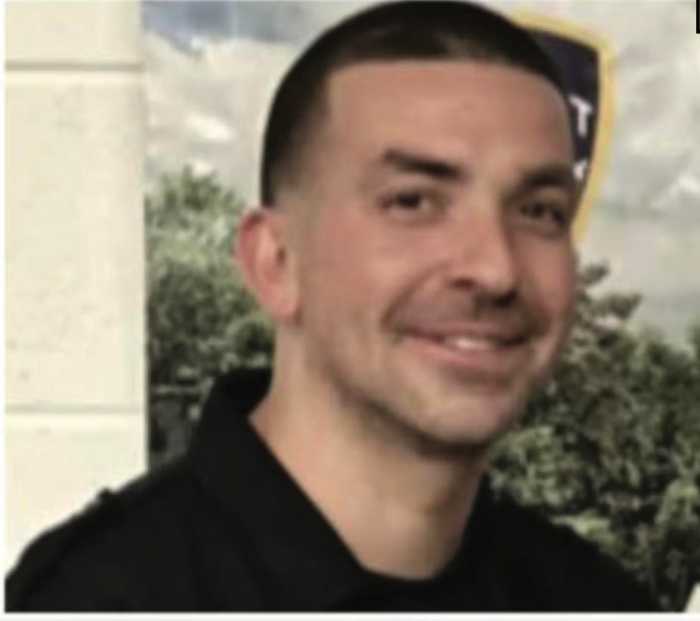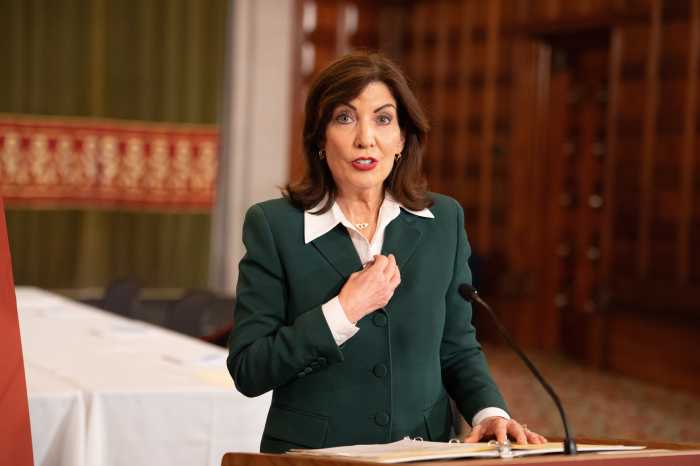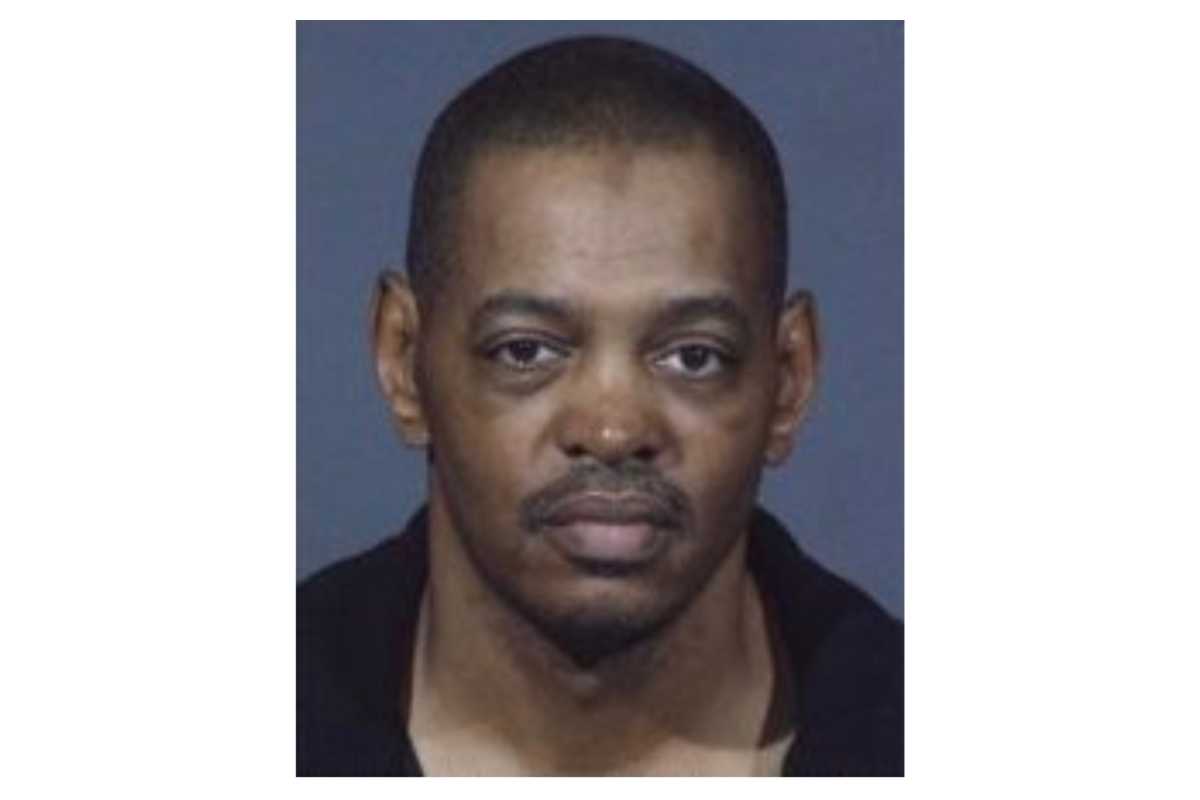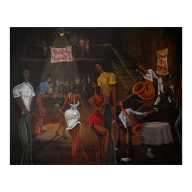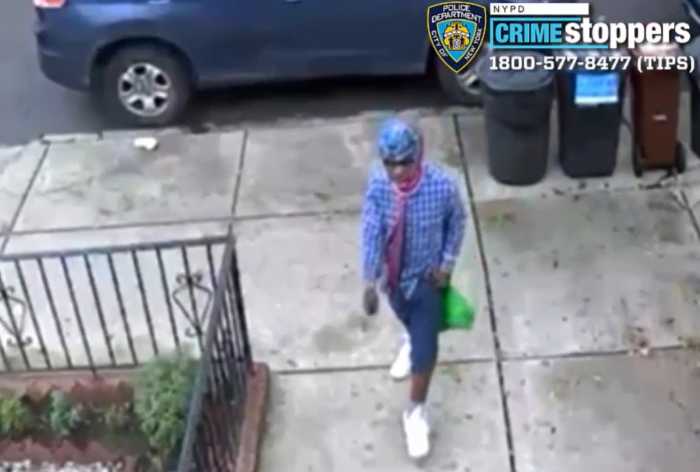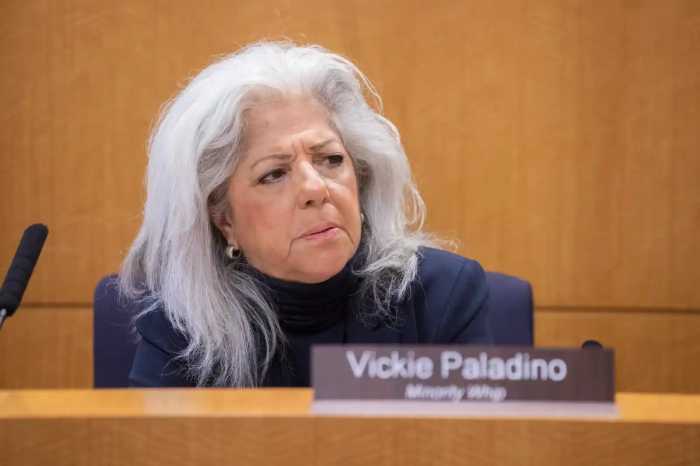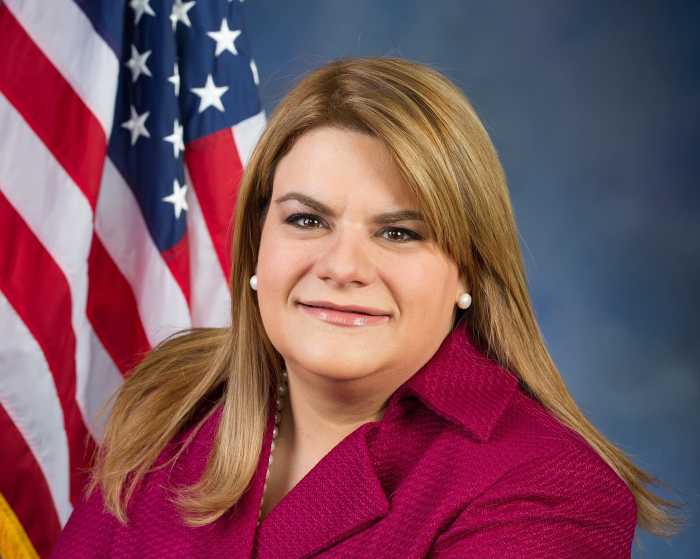
New York City’s 2019 resolution is to create less waste.
A ban on foam containers — the staple of New York City takeout — is one of roughly a dozen city laws in effect as of New Year’s Day.
That means hot and cold dishes will no longer be served in foam trays or containers, colloquially known as “clamshells.” The new law also means you can no longer purchase cups, plates, bowls and other single-use containers made of foam at stores in the five boroughs.
The ban includes so-called “packing peanuts” used to protect items in boxes, though it excludes foam containers used to hold meats at the supermarket. Small businesses also can seek an exemption by showing they cannot afford to use containers made of other materials.
For our planet’s future, New York City is kicking off 2019 as a styrofoam-free town! Join me in Brooklyn. https://t.co/dalSDlOlWf
— Mayor Bill de Blasio (@NYCMayor) January 1, 2019
Mayor Bill de Blasio celebrated the first day of the ban on Tuesday with a rally outside the Hamilton Avenue Marine Transfer Station in Brooklyn with Sanitation Commissioner Kathryn Garcia and schoolchildren who had lobbied against single-use foam containers.
“When this goes into a landfill, it takes eons to break down and when it breaks down, it only lets out toxins,” de Blasio said, holding aloft a foam container. “Before this ban, New Yorkers threw away 60 million pounds of Styrofoam a year.”
Though the ban officially kicked in Tuesday, businesses will not be fined for six months as city officials continue with educational and outreach efforts. Experts have argued containers made of paper, plastic and aluminum — which can be recycled — and those made of compostable materials are better for the environment than ones made of foam.
Pharmacy tobacco sales
Also starting Jan. 1, pharmacies across the city are no longer allowed to sell tobacco products. The ban is part of a larger package of anti-smoking bills signed by de Blasio in 2017 that also raised the minimum price of cigarettes to $13 per pack.

“Strong evidence shows that just being exposed to nearby tobacco retailers makes kids twice as likely to smoke,” City Councilman Brad Lander, who sponsored the bill, said in a statement.
Health officials said tobacco use causes about 12,000 deaths annually in New York City, and estimate more than 860,000 adults and 13,000 youth still smoke in the city.
The city’s Smoke Free Air Act, enacted in 2002, bans smoking in bars, restaurants, offices and other public areas. The ban now also covers parks and beaches.
Gender equality
Another notable law taking effect on New Year’s Day aims to make birth certificates more inclusive for transgender and gender-nonconforming residents. New Yorkers no longer need a doctor’s signoff via medical affidavit to change their gender markers on their birth certificate. Instead, they can self-attest to their identity. And following the lead of other states including California, New Jersey, Oregon and Washington, the law will add an “X” as a third, nonbinary gender marker to New York State birth certificates.
LGBTQ advocates praised the measure at the time of its passing as one that could help remove challenges that can arise when searching for employment, health care or other services with varying gender identities on personal documents.
The law was sponsored by City Council Speaker Corey Johnson, and had early support from Mayor Bill de Blasio, who signs the Council’s passed bills into law.
“This past year has been an incredible one — my first as Speaker of the New York City Council — and I am proud of the work we’ve done to make the city better for all,” Johnson said in a statement. “From passing groundbreaking legislation on the fight against sexual harassment to providing a third, nonbinary gender marker on birth certificates to crafting legislation to protect tenants, this Council fights and looks out for all New Yorkers.”
Opioid crisis
In 2017, 1,487 people died in New York City after unintentionally overdosing on drugs, according to city data. In an attempt to have better oversight and organization in the fight against the city’s opioid crisis, the Council passed two bills requiring the FDNY and NYPD to provide quarterly reports on their use of Narcan, or naloxone, as well as other approved “opioid antagonists” that can save lives by negating the effects of opioids.
The reports must include both the number of times such antidotes were administered and the patients’ reactions. They also must detail the number of antidotes available to the departments, broken down by borough and precinct, as well as the number of service members trained to administer the treatments.
Other new laws
- Two laws pertaining to crane modernization: One requires that all cranes be equipped with event recorders, which must track crane configurations, overload conditions, status of limit switches, and operator overrides. A second bans cranes more than 25 years old from operating in the city.
- In response to gas explosions over the past several years, a new law beginning Jan. 1 will require all owners of buildings with gas piping systems to inspect the systems at least once every five years.
-
To help protect youth athletes, beginning Jan. 1 the city must provide automated external defibrillators (AEDs) to youth softball leagues playing on city-owned property at no cost. The city has already enacted similar legislation for baseball leagues.
- In an effort to improve access to campaign debates, all debates must be simultaneously broadcast on a city television channel — that is, in addition to any other channel airing the content.
- The city’s Administration of Children’s Services must complete a mandatory feasibility study on providing language access classes to any child between 3 and 12 years of age who was removed from the custody of parents or guardians with limited English proficiency, and who has been in ACS custody for at least 6 months. The results of the study must be made available by July 1, 2019.
- A new law establishes a licensing requirement for persons who engage in assessing, remediating, or abating mold conditions for buildings with more than four units, including NYCHA developments.
- NYPD is required to compile annual reports on data related to seized property. The bill requires the data to be broken down to include the amount of money or the property obtained and retained, the reason why the property or money is being held by the department, and whether or not the rightful owners of the property or money have failed to redeem such money or property.
